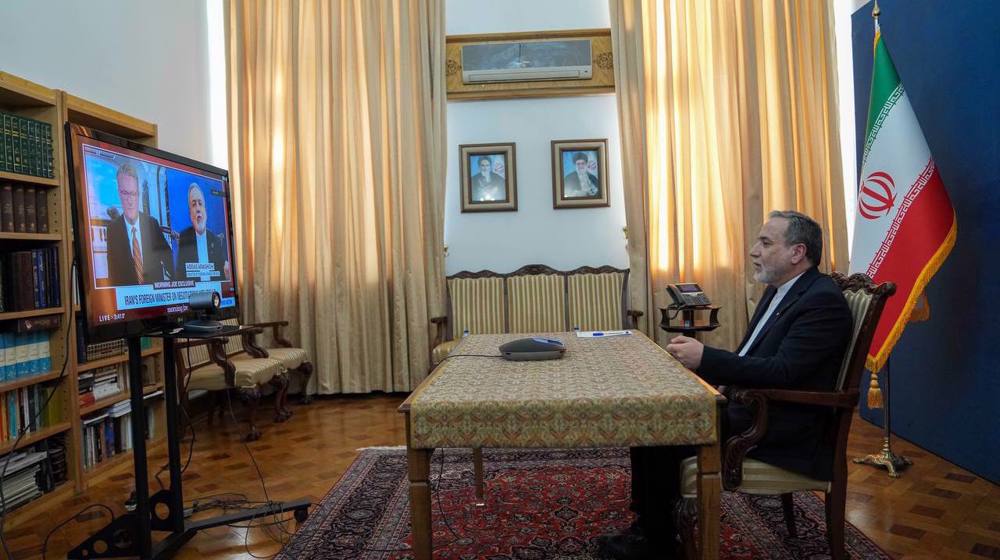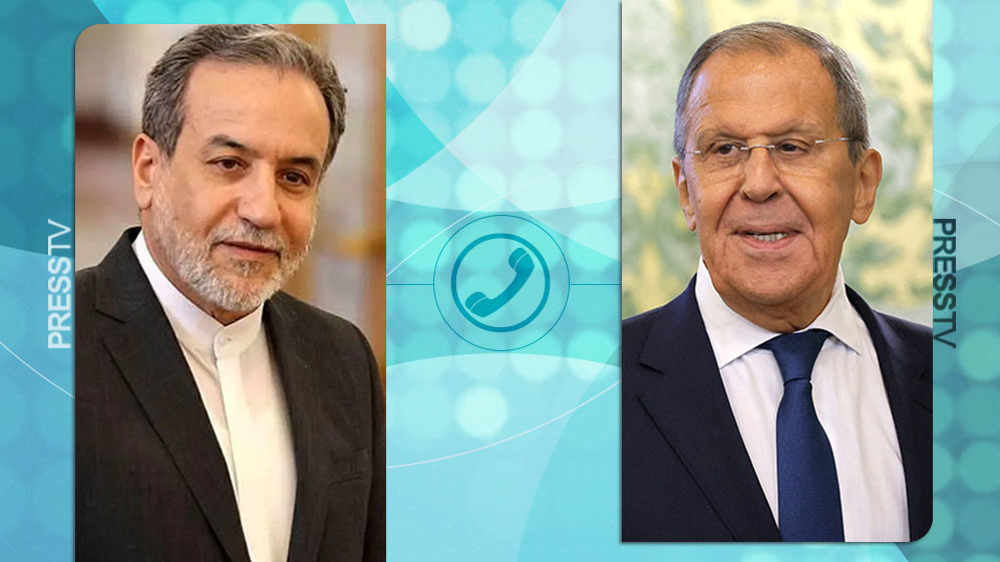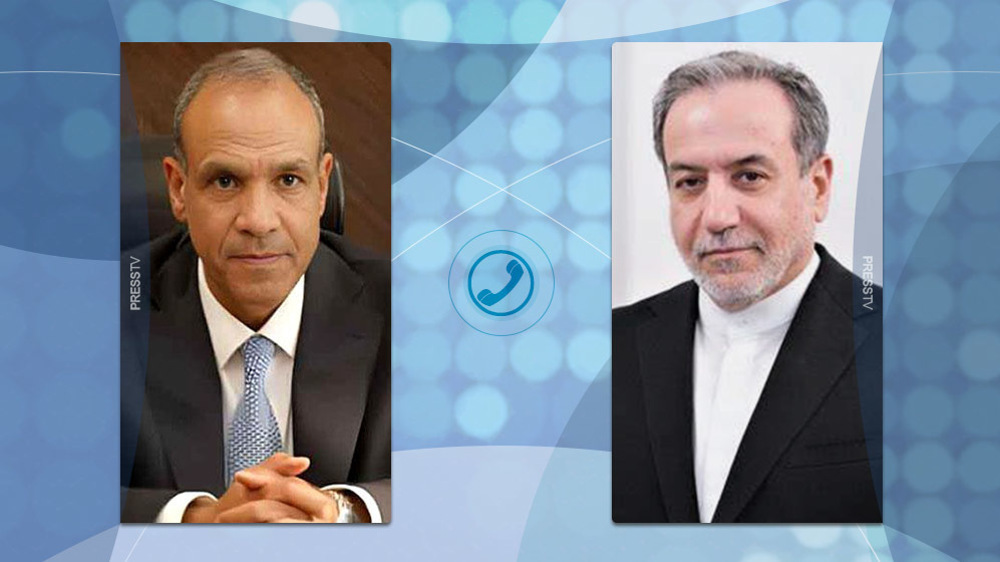Iran cancels Hajj due to Saudi 'obstacles'
Iran says it will not take part in this year's Hajj pilgrimage in Mecca because of "obstacles" created by Saudi Arabia.
"Performing the Hajj ritual this year is virtually impossible," Iranian Minister of Culture and Islamic Guidance Ali Jannati said on Sunday.
“Given the way Saudi authorities treated Iranian delegates and talked to them during two rounds of negotiations as well as in view of their sabotage and obstacles they created, unfortunately Iranian pilgrims cannot go to Hajj this year," he added.
For the second time, an Iranian delegation traveled to Saudi Arabia on Tuesday to hold last-ditch talks to iron out their differences.
“Despite all the Islamic Republic’s efforts, the Saudis ignored the absolute right of the Iranians to perform the Hajj rituals,” Iran’s Hajj and Pilgrimage Organization said in a statement.
Jannati said Iran is very concerned about the safety of its pilgrims after more than 2,400 people, including at least 460 Iranian pilgrims, lost their lives in a stampede in Saudi Arabia last year.
The minister said Tehran currently cannot provide Iranian pilgrims with diplomatic support in Saudi Arabia.
“My interpretation is that the Saudi government deliberately prevented Iranian citizens from attending this year's Hajj pilgrimage. Hence, it was necessary to make our stance clear,” Jannati stated.

On Saturday, Iranian Foreign Ministry spokesman Hossein Jaberi Ansari said Saudi Arabia would have to take responsibility for any cancellation of Hajj pilgrimage.
“Unless Hajj is observed, Saudi Arabia is to be held accountable,” he told Iran's IRIB television, adding Riyadh was manipulating Hajj for its "political" goals.
Eight months after the last Hajj, Saudi Arabia has not published a report into the disaster yet. Adding to Tehran's anger, King Salman was later quoted in state media as praising Saudi authorities for a "successful" Hajj.
Saudi Arabia's Hajj ministry said on Saturday it had met a number of Iran's concerns but Iran's top Hajj official Saeed Ohadi said Riyadh was refusing to accept conditions to guarantee the dignity of Iranian pilgrims.
He said only six out of the 11 provisions, which were entirely against the dignity of Iranian pilgrims, had been removed but the rest remained intact due to the obstinacy of Saudi officials.
Ohadi said the Saudi delegation had revealed that it did not have the power to make the final decision on the disputed points, indicating other authorities in the Saudi government were dictating the terms.
Ties between Iran and Saudi Arabia have been tense ever since Tehran strongly condemned the kingdom's execution of prominent Shia cleric Sheikh Nimr al-Nimr in January.
Faced with an international outcry, Riyadh jumped on attacks on its two diplomatic missions in Iran by unruly protesters as a pretext to sever diplomatic relations with Tehran.
VIDEO | Declared dead, found breathing: The miraculous survival of Najwa after Israeli bombing of Gaza
Israeli solar projects in West Bank expand illegal settlements: Report
Shift in multi-tier forex rate to improve economy
VIDEO | Press TV's news headlines
Zelensky’s name appears over 50 times in Epstein files: Opposition leader
Tehran rejects Trump’s riot death toll, demands proof
VIDEO | Police battle opposition protesters in Albanian capital
Israeli expansion across West Asia would be ‘fine’: US envoy



















 This makes it easy to access the Press TV website
This makes it easy to access the Press TV website